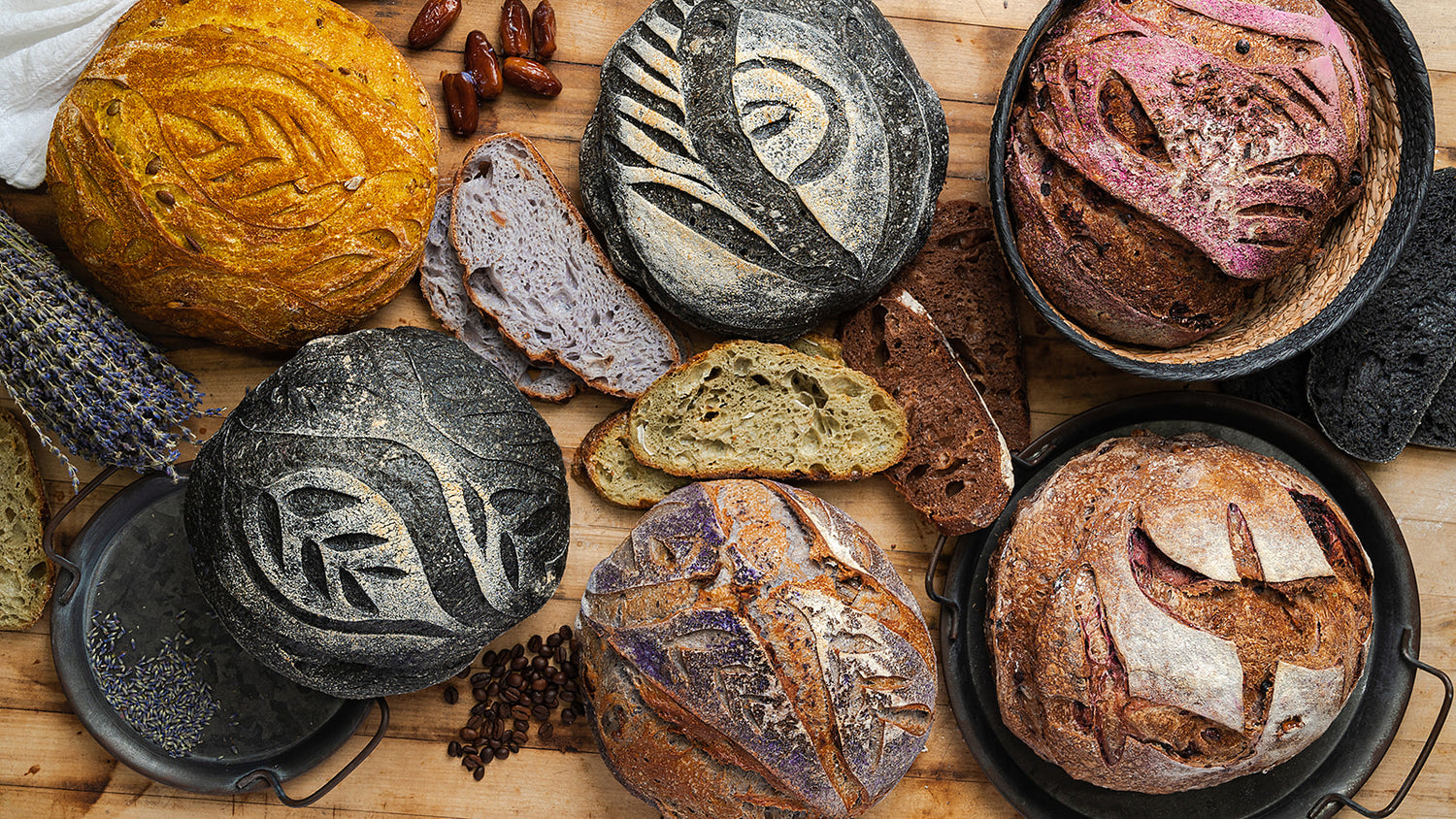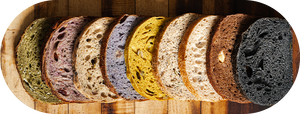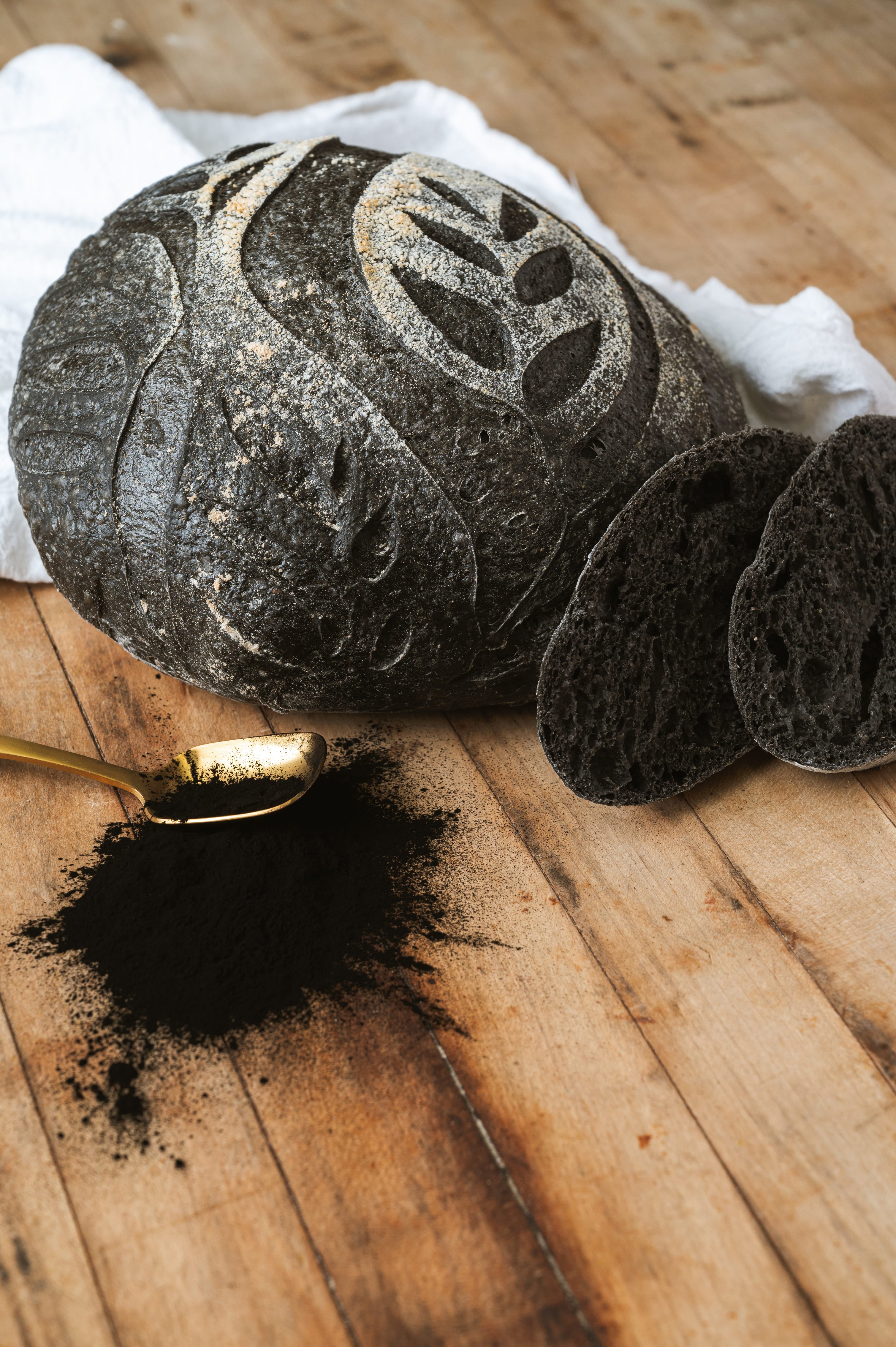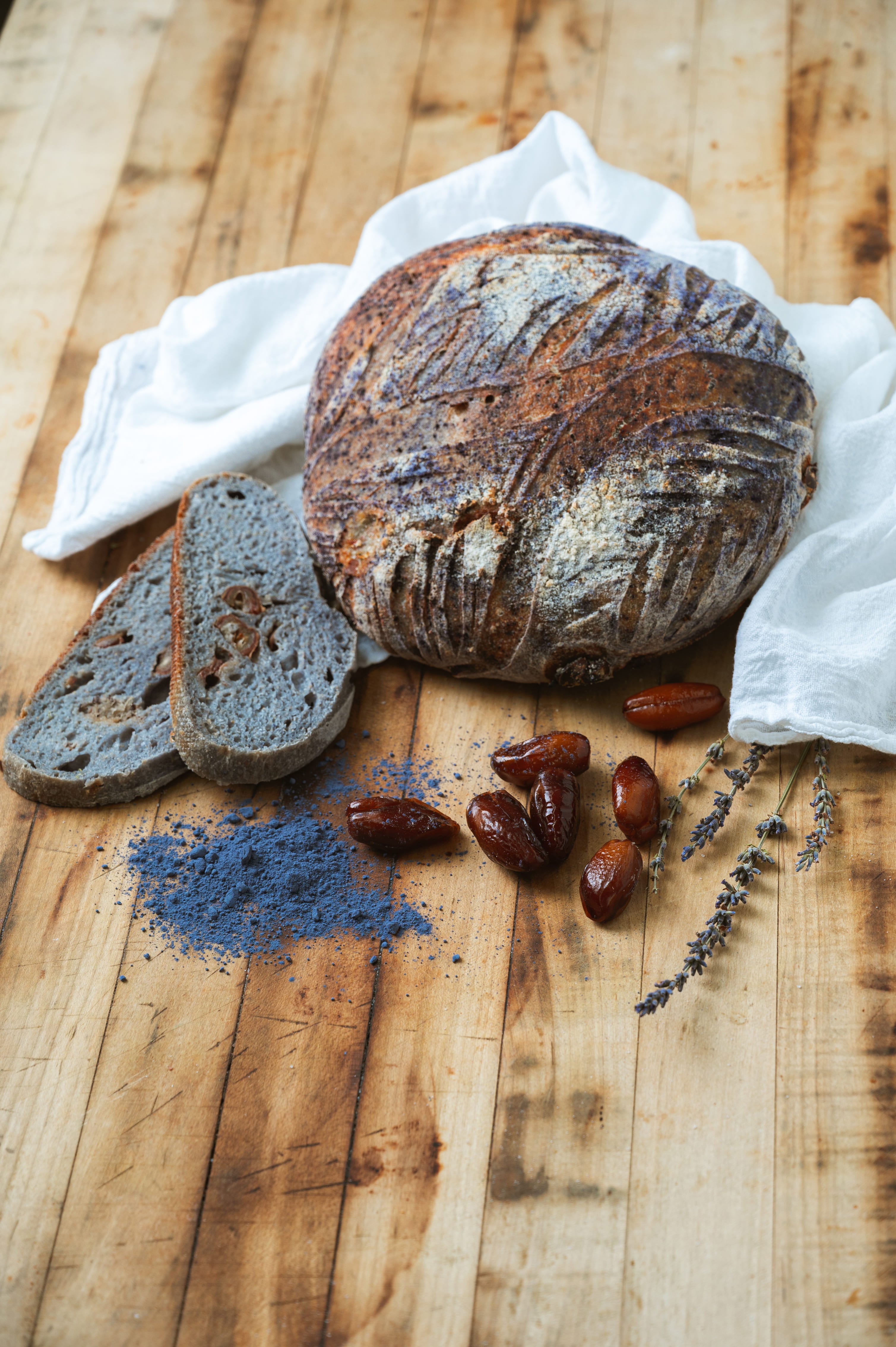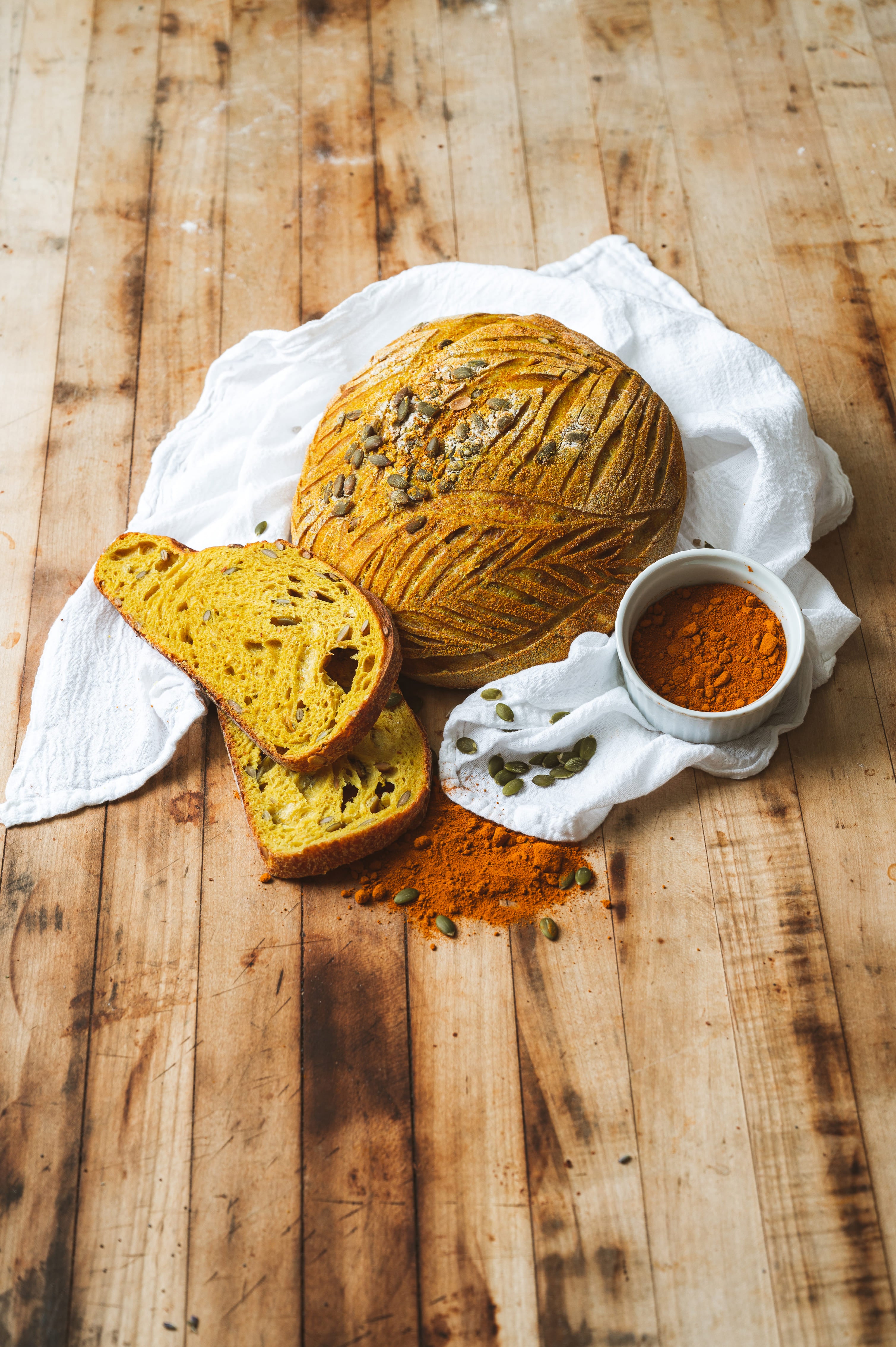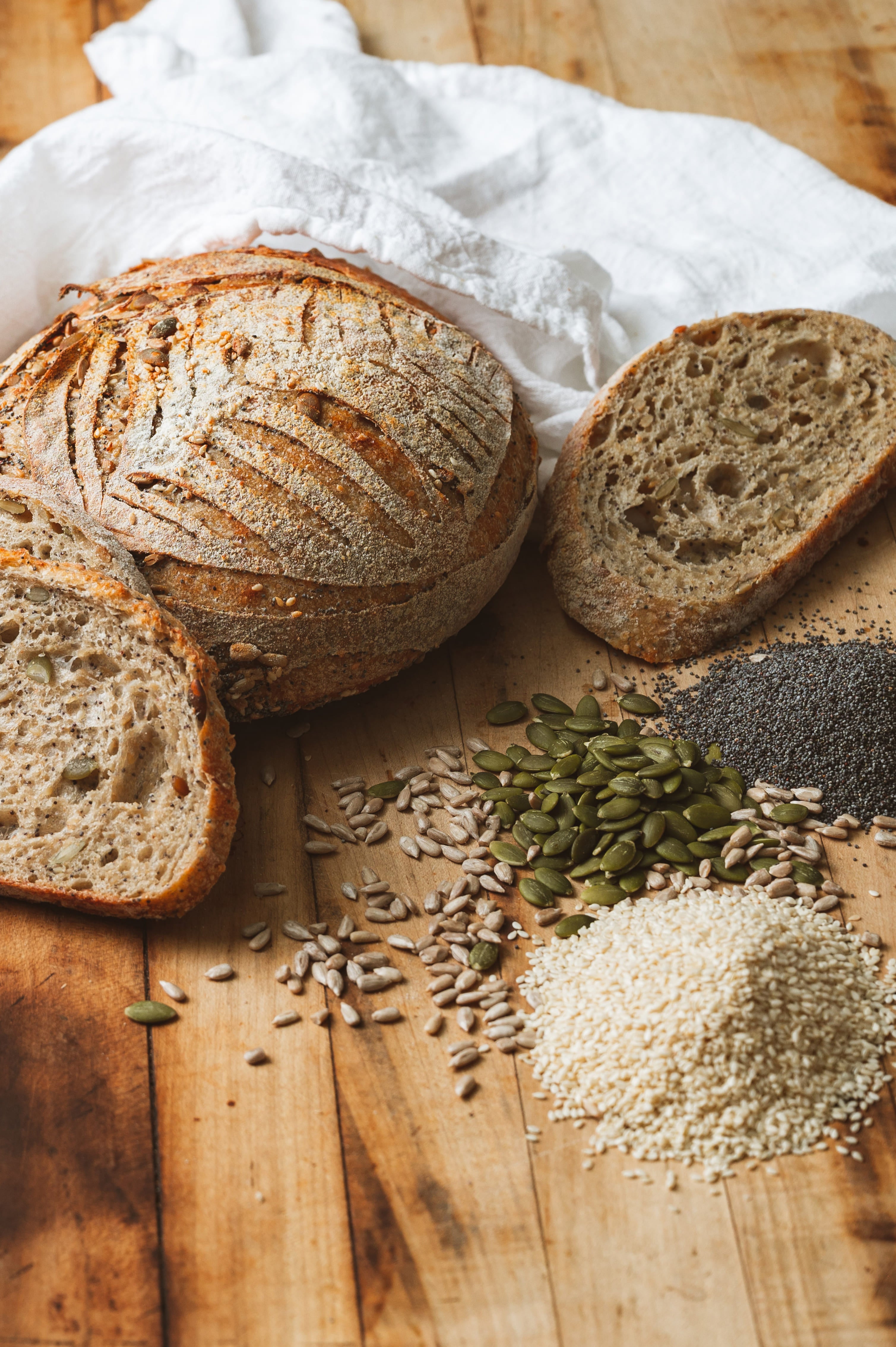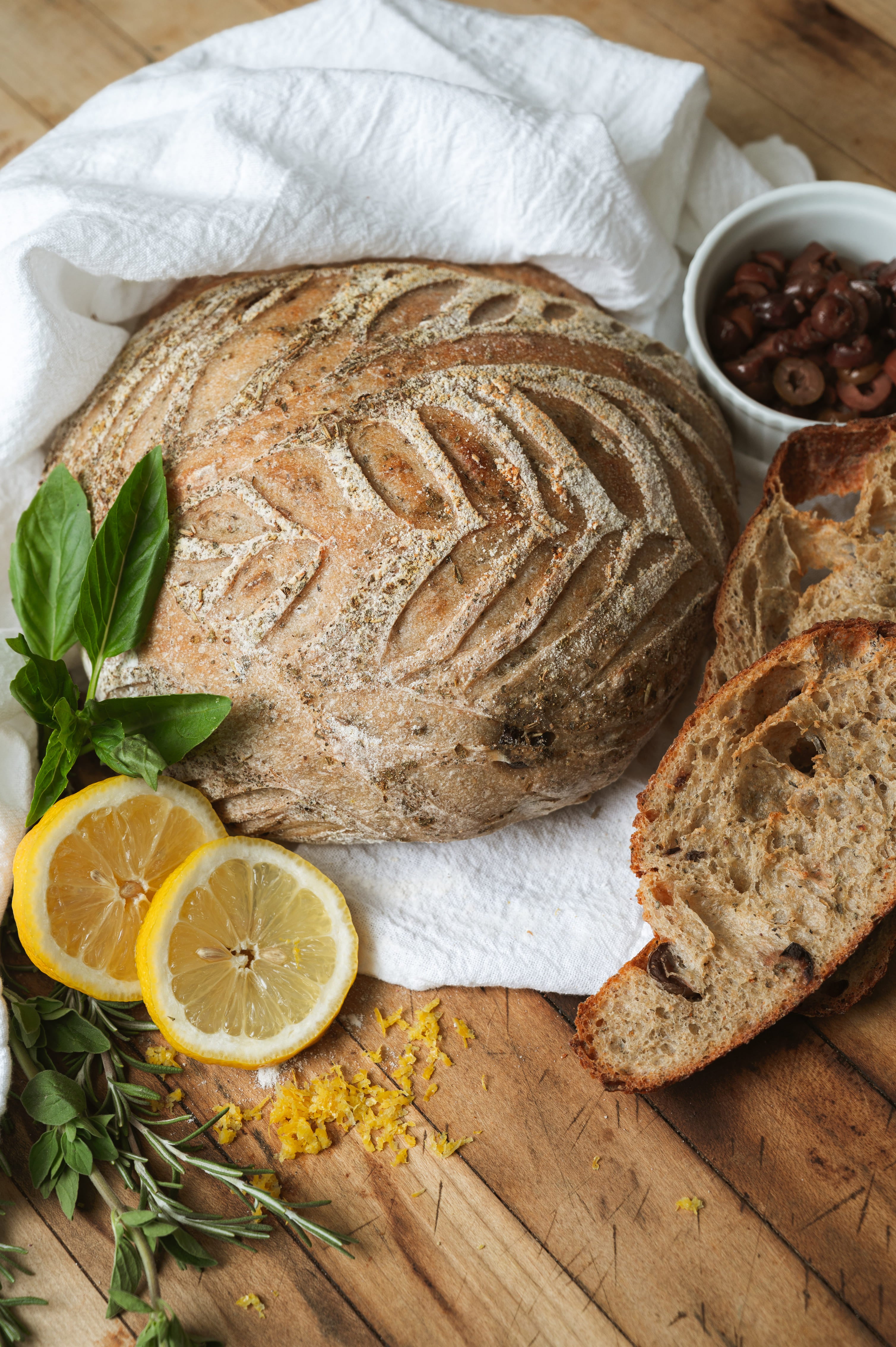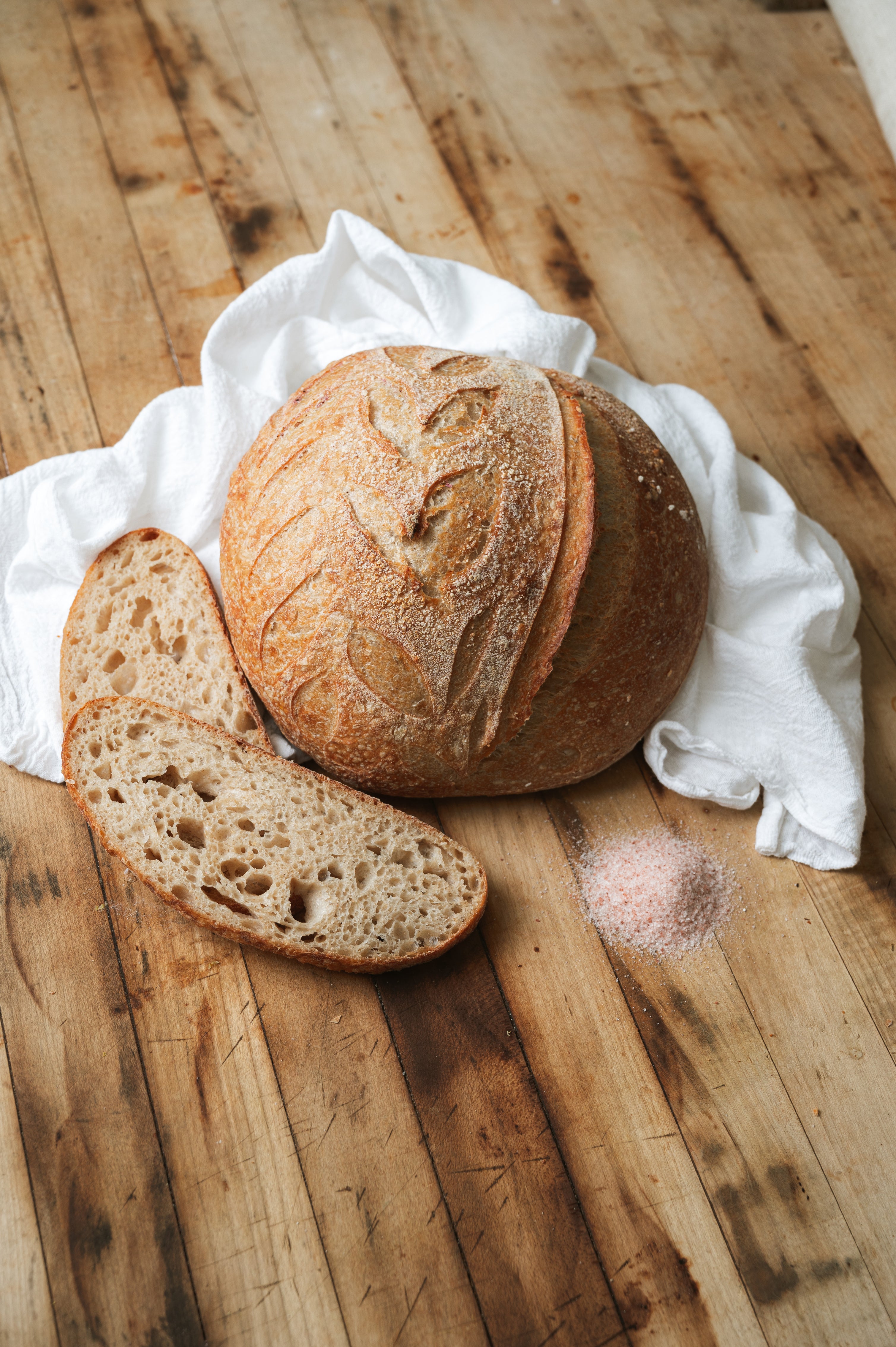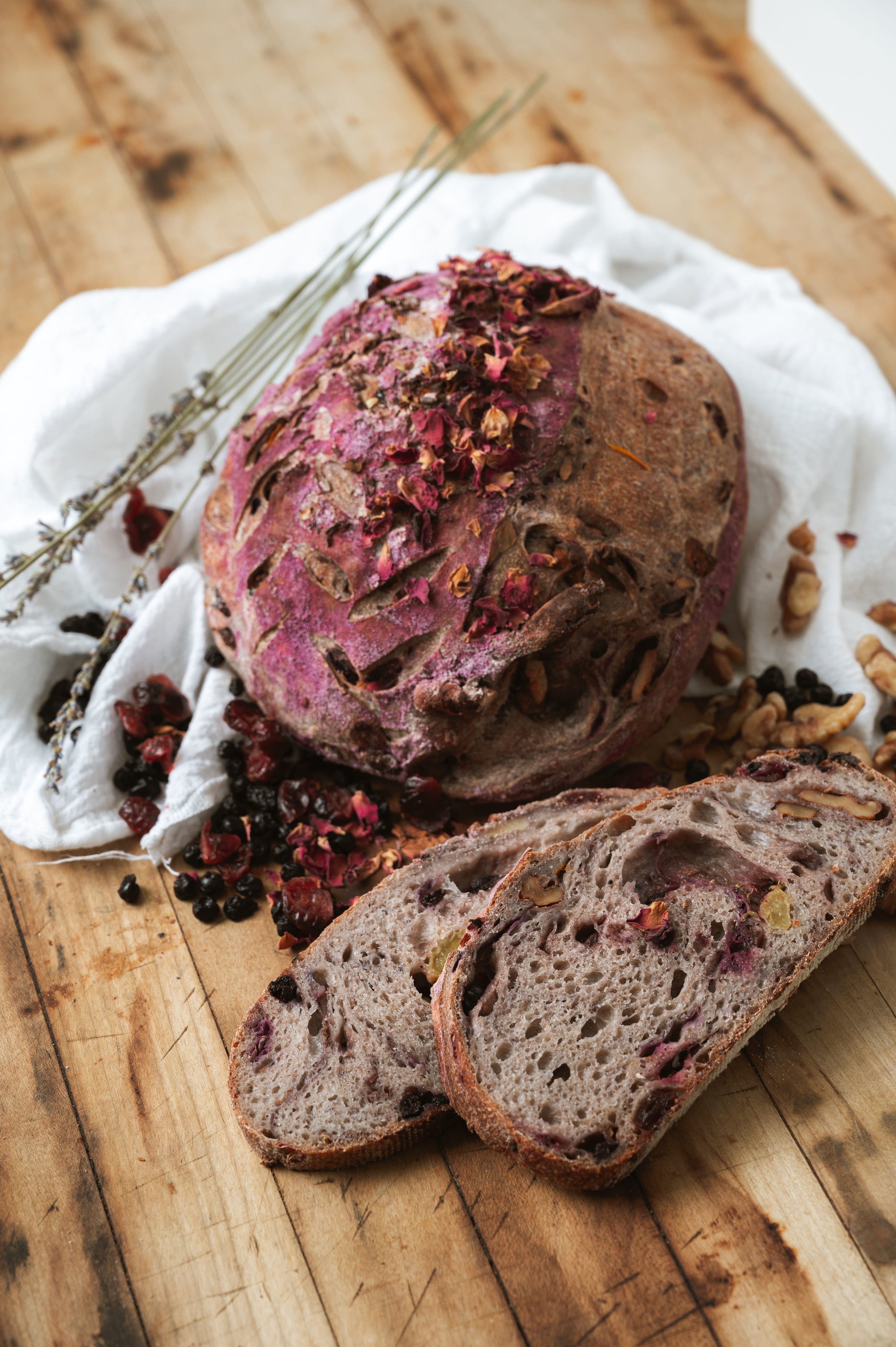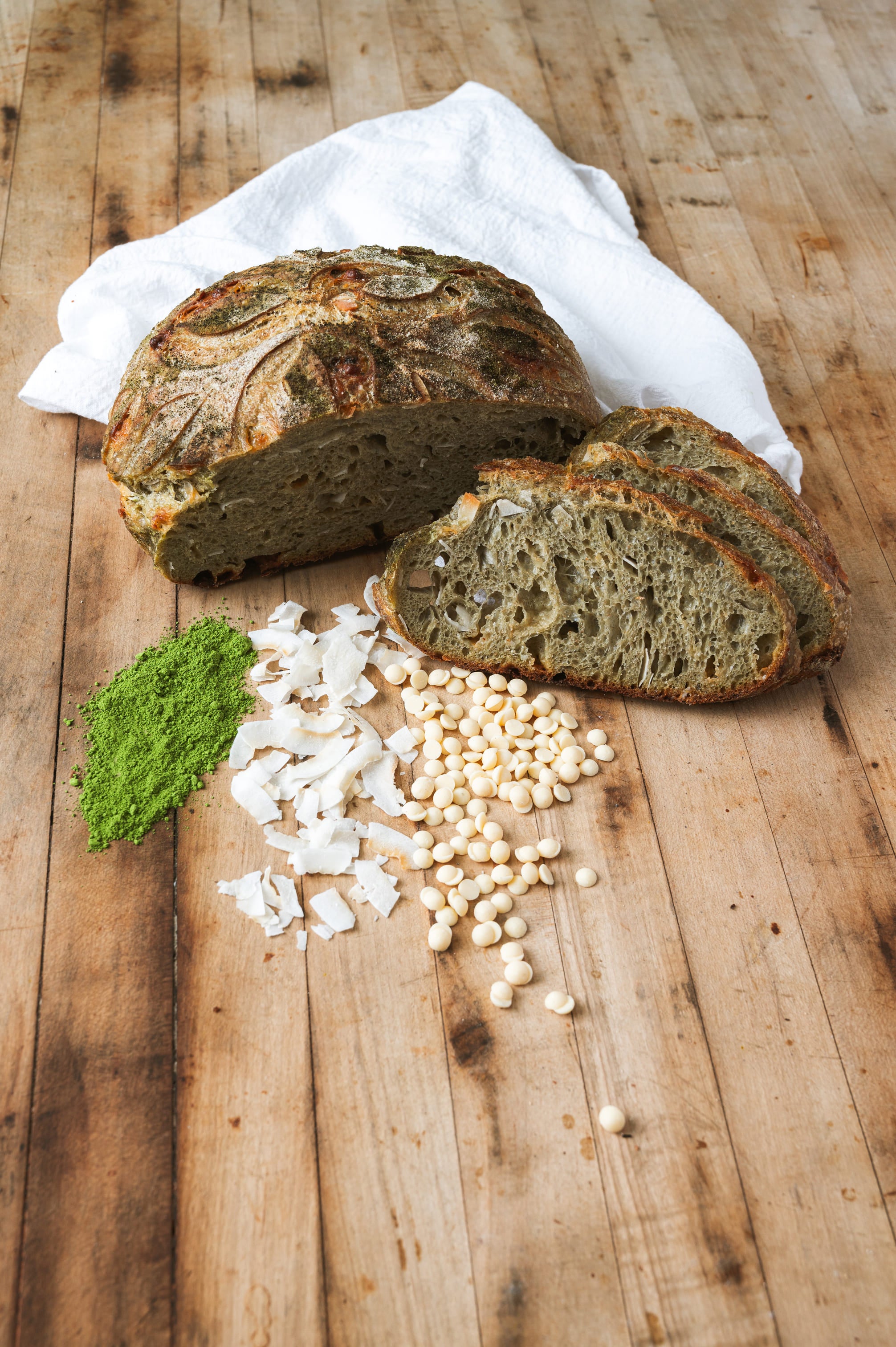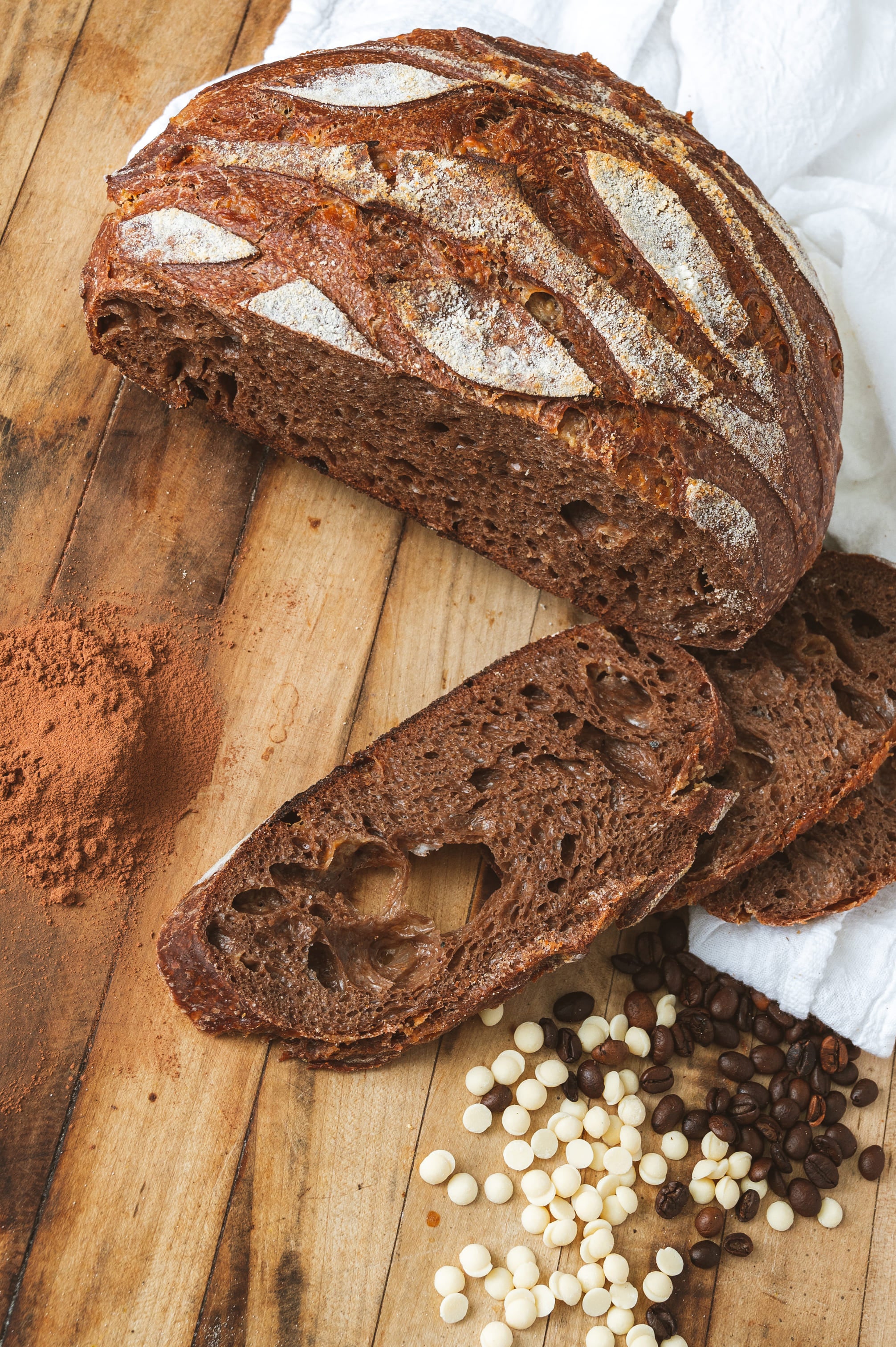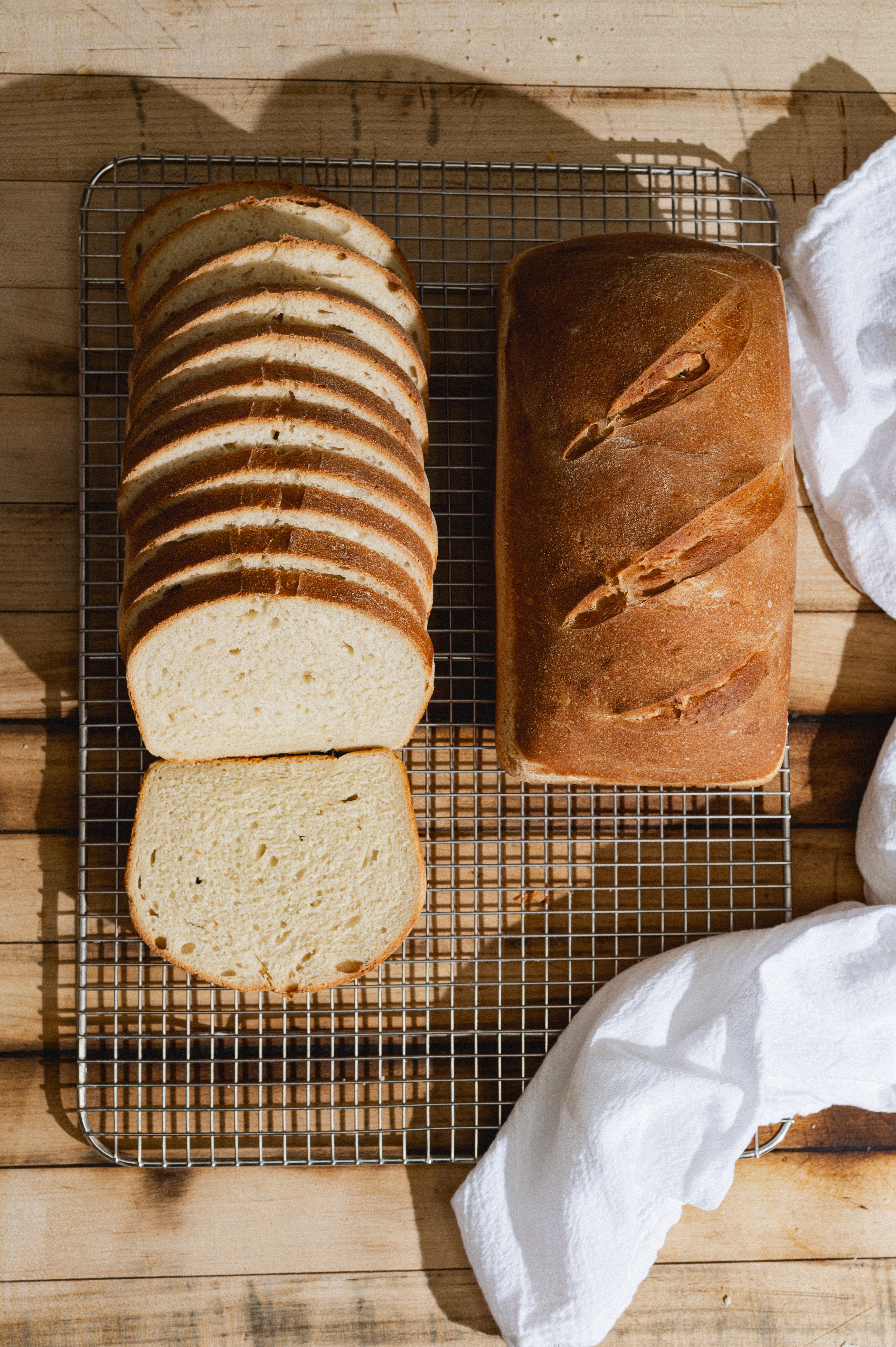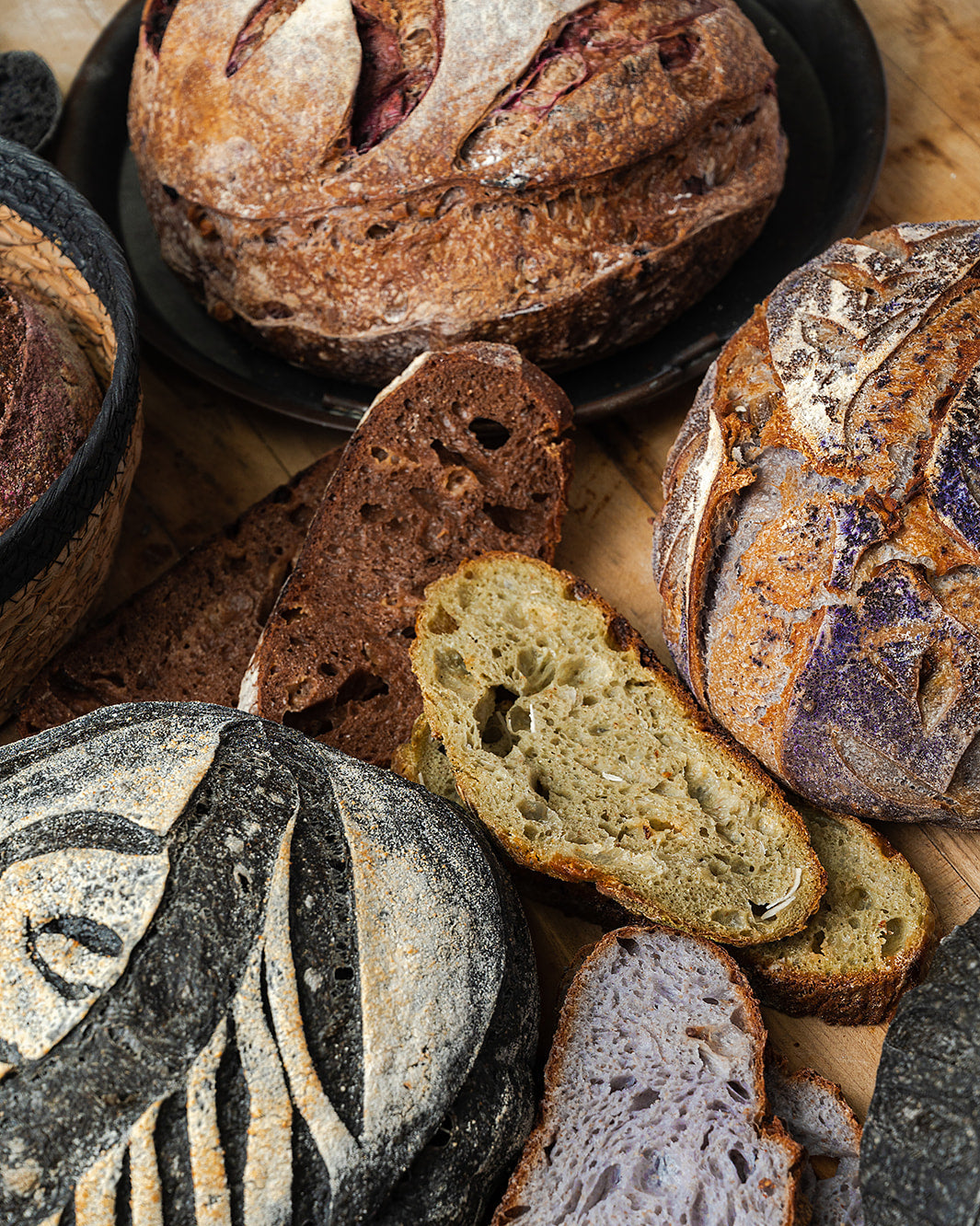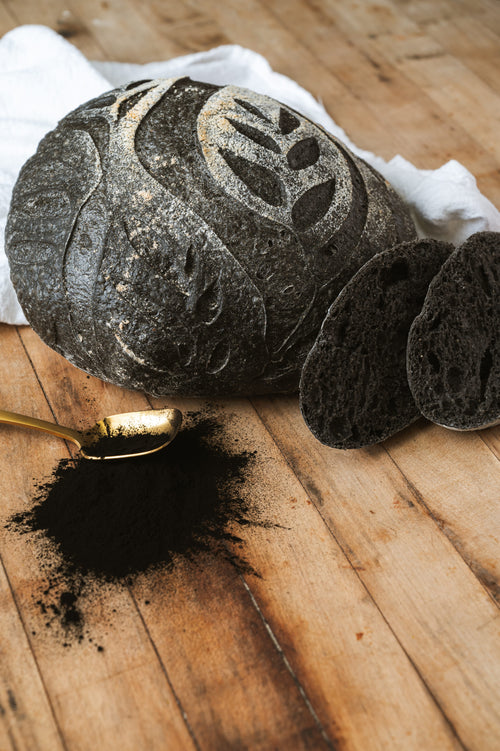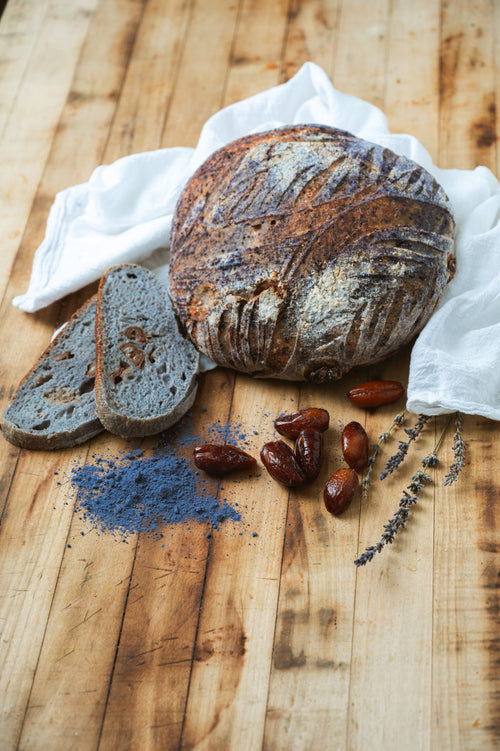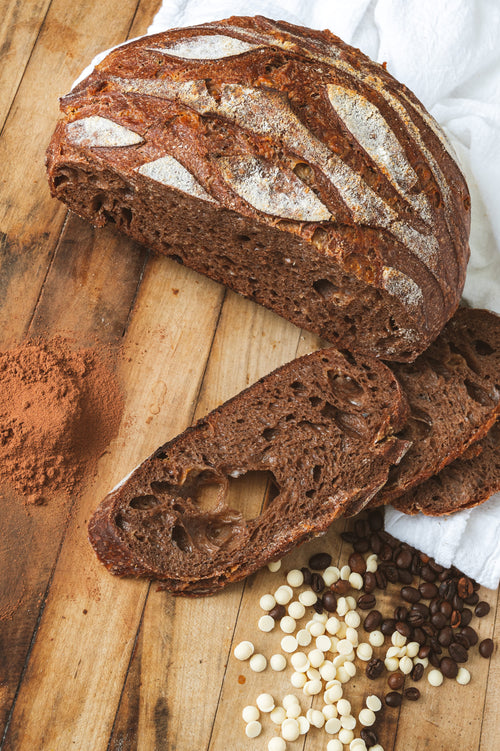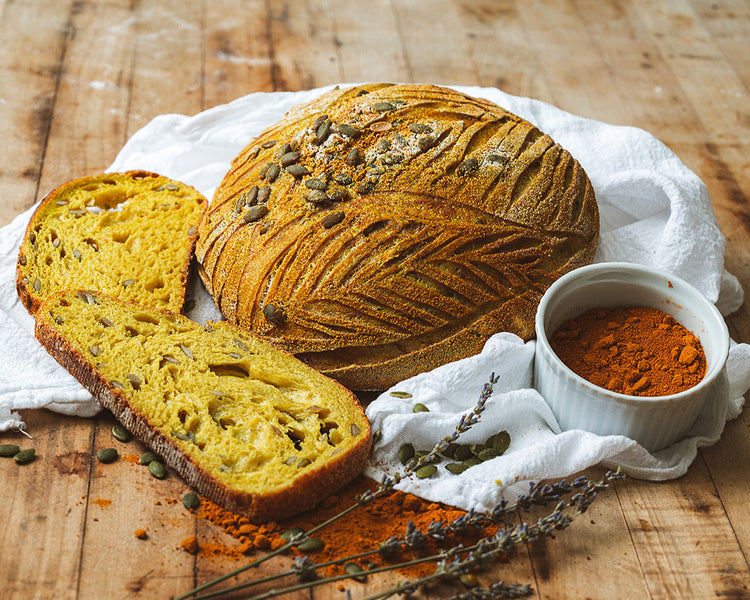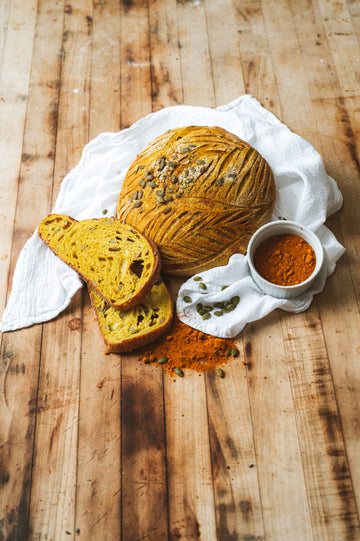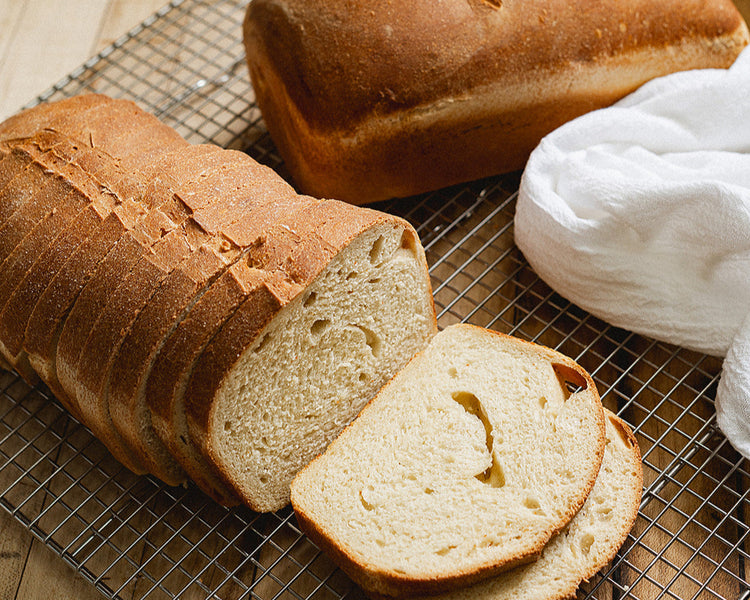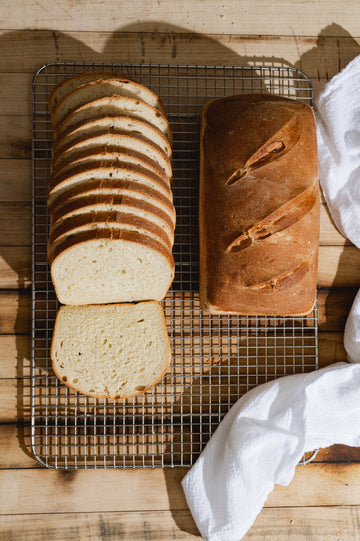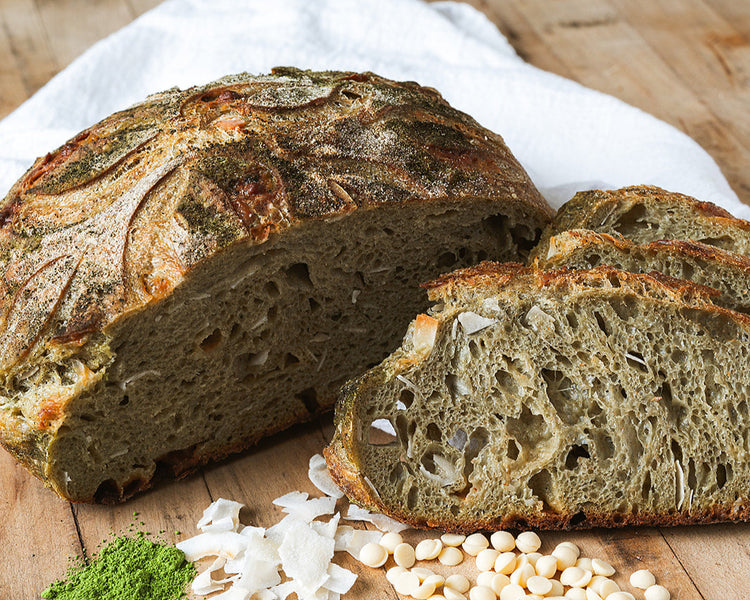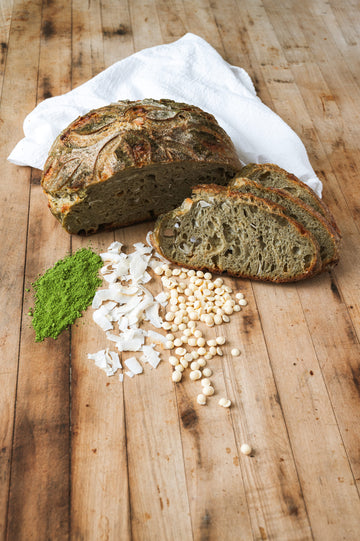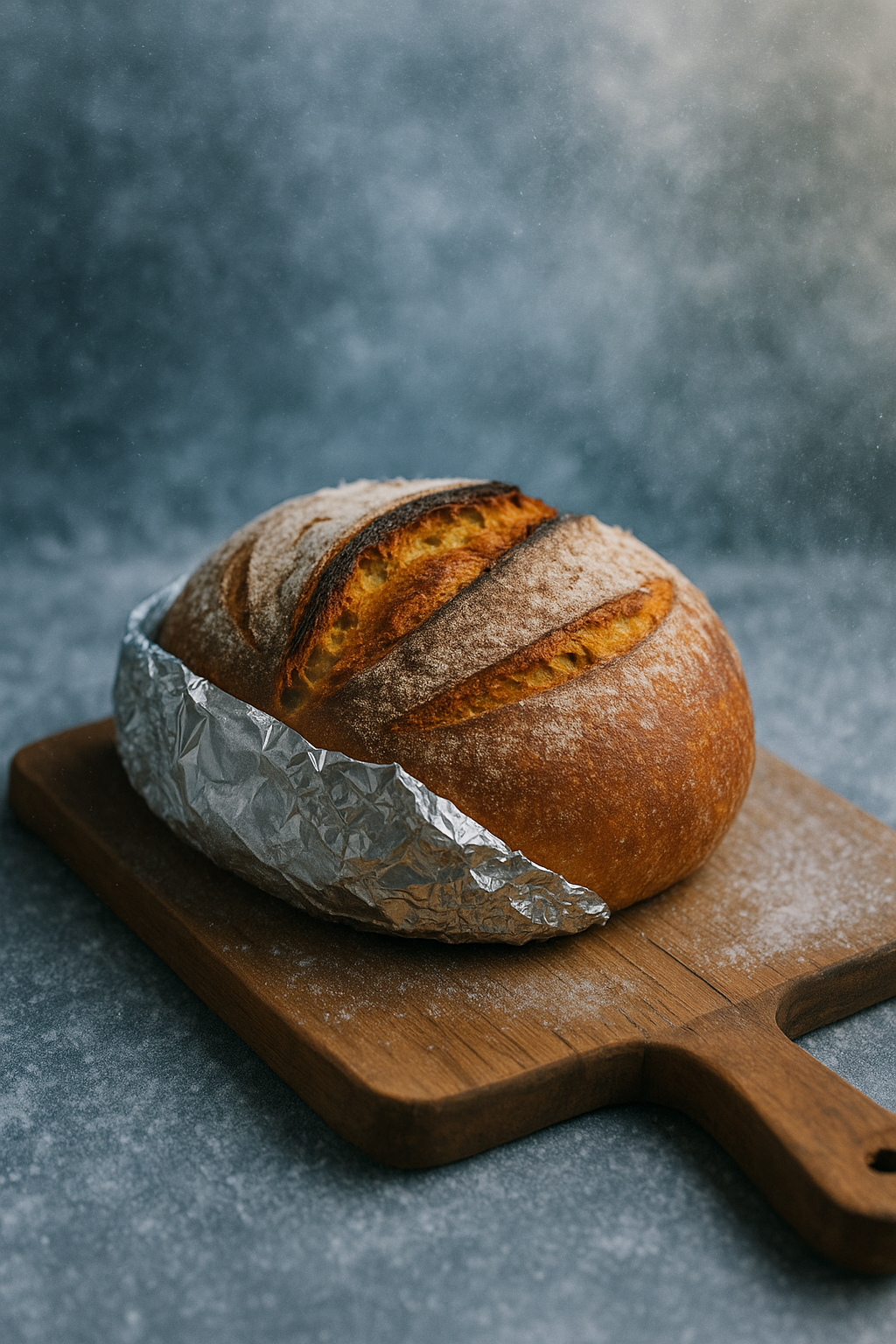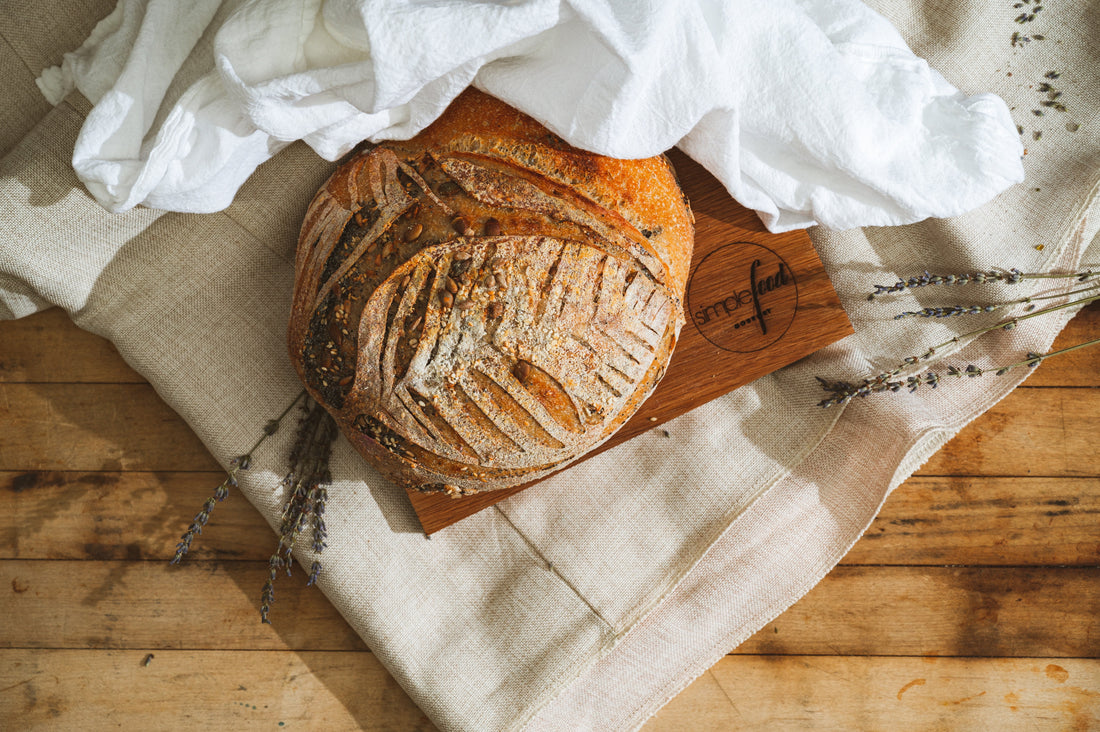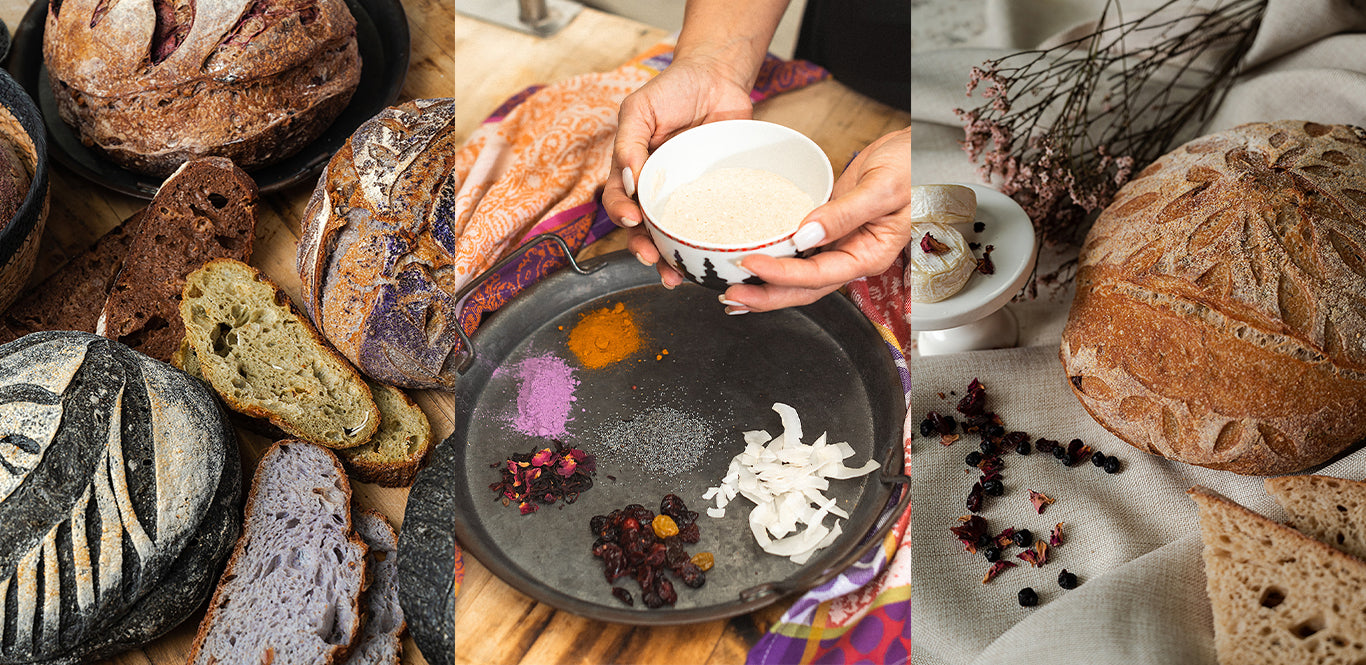Type:
Turmeric & pumpkin seeds sourdough loaf
Type:
Kalamata Olives & zaátar sourdough loaf
Type:
Original Pink salt sourdough loaf
Type:
Berries mix, walnuts & botanical blend sourdough loaf
Type:
Matcha & coconut sourdough loaf
Build Your Own Basket
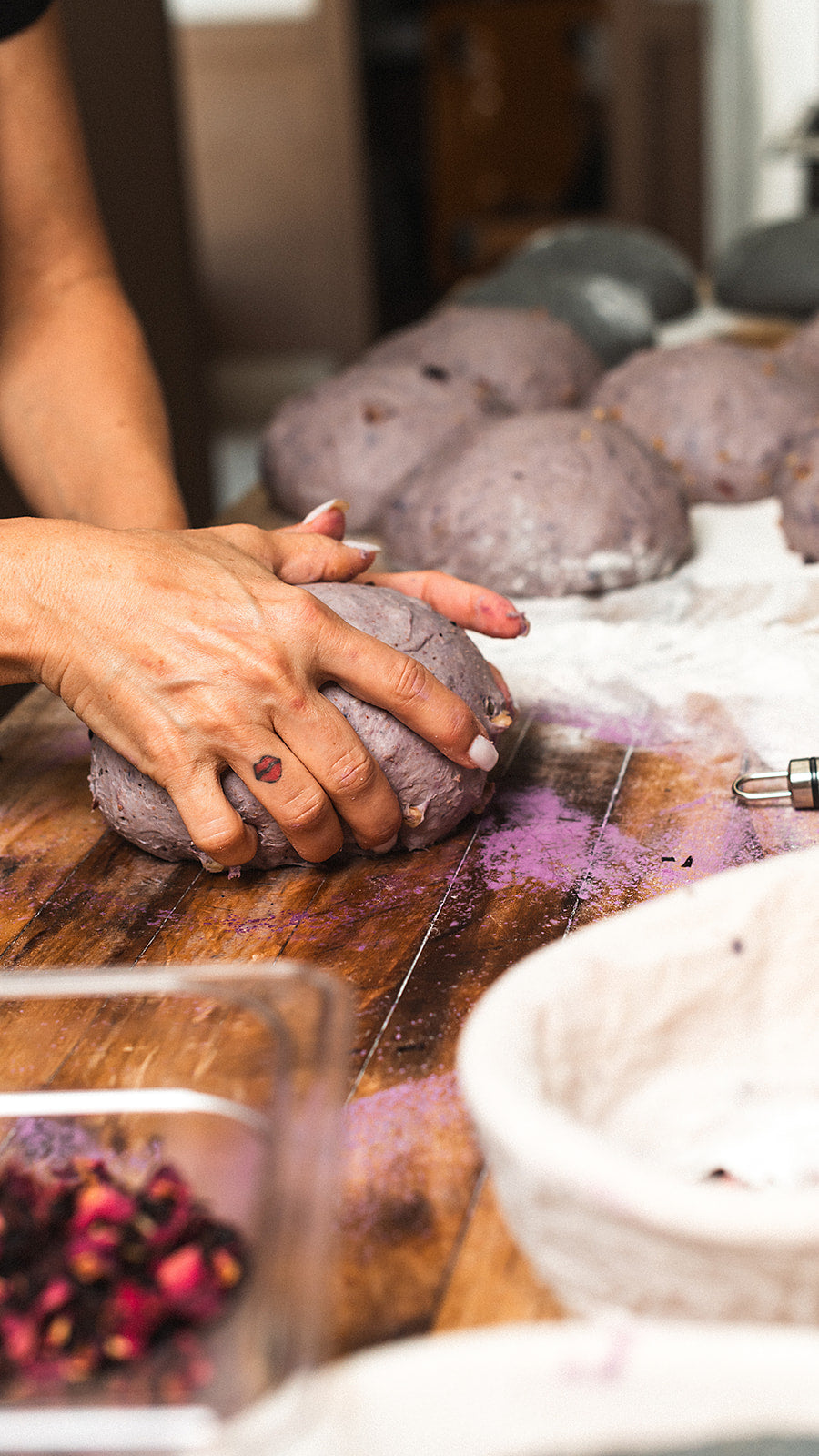
Naturally Simple. Insanely Delicious.
We believe real flavor doesn’t need shortcuts - or sugar. Everything we bake is made to nourish, comfort, and keep life deliciously simple.
The Magic of Sourdough
Our artisanal process breaks down the gluten, reducing its presence and resulting in a low glycemic index bread.

Healthy
Rich in fiber and probiotics.

Balanced
Low in carbohydrates.

Wholesome
Free of artificial additives and preservatives.

Quality
Baked with fresh, natural, and carefully selected ingredients.
The Crust Report
How to Freeze Sourdough Bread – Preserve Freshness & Reduce Waste
Learn how to freeze sourdough bread the right way—whether whole or sliced—to preserve its flavor, texture, and nutrition. This step-by-step guide ensures your homemade or bakery loaf stays fresh, crisp, and ready anytime you need it.
Learn moreEinkorn Sourdough Bread – Ancient Grain, Modern Delight
Discover the benefits of einkorn sourdough—an ancient grain bread with rich flavor, easier digestibility, and superior nutrition. Learn how einkorn and sourdough fermentation combine for a wholesome, heritage-inspired loaf worth baking or savoring.
Learn more



